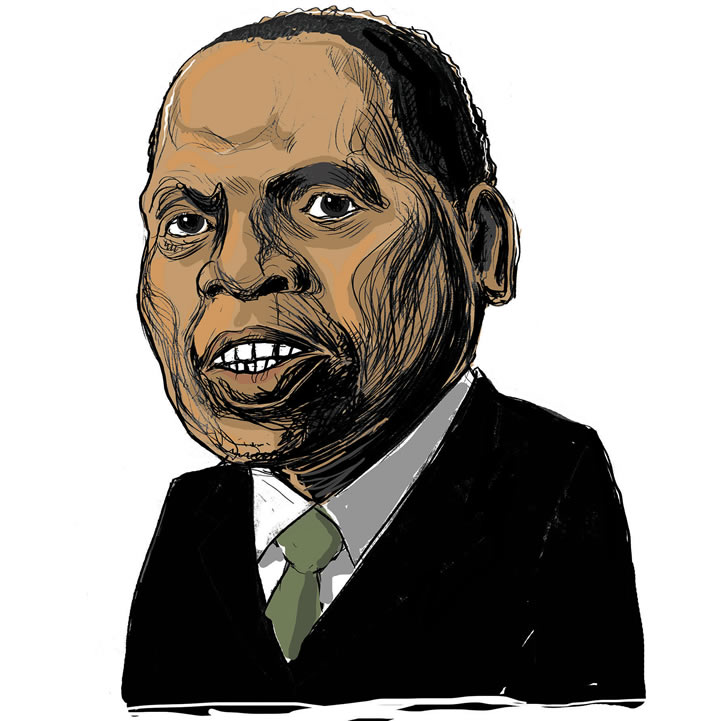Mkhize has been health minister for about seven months. Shortly after he was appointed, he said his priority was to restore hope in the public health care system.
He inherited a mixed bag: a system that has both improved the lives and life expectancy of South Africans, but one that also fails people. Clinics and hospitals either turn people away or fail to treat them properly.
The improvements are clear. Over the past 25 years, primary and secondary health care has improved. South Africans are living longer. The overall life expectancy at birth is 67.3 years for females and 61.1 years for males, according to Statistics South Africa. This can also be put down to the improved coverage and effectiveness of the government’s antiretroviral (ARV) programme.
According to UNAids, in 2018 about 7.7-million people were living with HIV, 81% of people living with HIV (about 6.2-million people) are on treatment and 73% (about 5 621 000 people) of all people living with HIV are virally suppressed.
These successes, like many of the programmes that Mkhize now has authority over, were inherited.
Where he has to work is on rolling out the big ticket items, such as National Health Insurance (NHI). This has already taken up a large chunk of the minister’s time. A billion rand has been set aside for planning and systems preparation for the NHI’s rollout. The NHI Bill was introduced to Parliament on August 8 and public hearings on the Bill were heard around the country. Opposition parties and lobby groups have criticised the NHI (saying it is unaffordable) and the public comment process (saying people’s concerns are not being listened to).
The NHI will pool funds to provide quality health services for all South Africans. Mkhize has been credited with balancing the various factions in the ongoing fight over the NHI. He has also worked hard to get more goodwill out of the treasury, which has shown resistance to NHI, because of its cost.
Mkhize has also presided over the rollout of a long-awaited new ARV and other medicines that help prevent tuberculosis.
With a R47.5-billion rand budget, the department is meeting its expenditure targets. Just under half of its budget — R20-billion — has been allocated to HIV, tuberculosis and maternal and child health. Another R22-billion has been set aside for hospitals, tertiary health services and staffing costs.
But meeting financial targets doesn’t result in the most efficient health care system. The 2019 report by the South African Lancet National Commission, Confronting the Right to Ethical and Accountable Quality Health Care in South Africa: A Consensus Report, says: “Quality is a critical determinant of health and a high-quality health system is the driver of successful universal health coverage.”
It found that health had a supportive policy environment and decades of substantial health system advances, but said that “stronger governance for quality from the health department on down to the clinic” was required. It recommended investing in human resource training and an improved system to captures quality metrics in the health system to inform governance decisions.
The key to the rest of Mkhize’s term will be in how he defines the role, and where he can fast track the policies created by his predecessors.

